Selling Property Made Simple with Permanent Property Solution
It can be hard to sell a house. Having a reliable process, a clear strategy, and expert help is important whether you’re moving, freeing up money, or just changing your mind. At Permanent Property Solution, we aim to make selling property in the UK smoother, more profitable, and less stressful, guiding you every step of the way.
Why Selling Property Is a Major Decision
Deciding to sell property is about more than price and timing. It includes many factors that impact how much you get, how quickly you sell, and how smoothly everything proceeds.
Some of the challenges sellers face include:
- Knowing the right asking price that attracts buyers without undervaluing your home
- Making improvements or repairs that boost appeal without over-investing
- Preparing all legal, energy and inspection documents so you avoid delays
- Marketing in a way that showcases unique features and reaches the right audience
When you partner with experienced advisers like Permanent Property Solution, you can navigate these challenges with confidence.
How Permanent Property Solution Supports You
Good advice, careful planning, and hands-on service are essential when you are selling property. We help clients with each stage from deciding to sell through to completion.
Some of the ways we help include:
- Accurate property valuations based on local market trends and comparable sales
- Advice on improvements and staging to increase appeal and maximize sale price
- Guidance on legal documents and compliance, including Energy Performance Certificates and other required paperwork
- High-quality photography and presentation to draw stronger interest from buyers
- Expert agent selection or management of marketing efforts to ensure the right people see your property
Steps to Prepare Your Property for Sale
Selling property successfully depends heavily on what you do before you list. Small preparations can generate big returns.
Here are key steps to take:
- Declutter and clean so each room appears spacious and well cared for
- Make minor repairs and cosmetic upgrades where needed, particularly in kitchens and bathrooms
- Boost curb appeal by ensuring gardens, walkways, and entrance areas are neat and inviting
- Ensure lighting is bright and fresh; repainting walls in neutral tones often helps
- Gather all required documents ahead of listing so you can move quickly when offers arrive
Timing and Pricing Strategy
Choosing when to sell and how to price your property are two of the most important decisions. These affect how many buyers you attract, how quickly you sell, and how much you receive.
Some effective practices are:
- Research recent sales in your area so you understand what similar homes have achieved
- Be realistic about price rather than optimistic; pricing too high can lead to long days on market or reduced interest
- Consider seasonal trends; spring and early autumn often see higher buyer activity in many UK markets
- Be open to negotiation, but set a floor price to avoid underselling
Marketing to Maximize Offers
A property that is well-marketed will always do better than one that is poorly marketed.
We recommend:
- Using professional photography to highlight space and light
- Writing compelling property descriptions that showcase unique features such as architecture, outdoor space, proximity to transport or schools
- Putting your listing on big sites and using local networks and social media to reach more people who might want to buy it
- Hosting viewings that allow people to imagine themselves living there – remove personal clutter and ensure areas are tidy, welcoming, and well-staged
Managing Offers and Legal Process
When you receive offers, choosing the right one involves more than just the highest bid. You must consider buyer readiness, offer conditions, timing, and whether they are cash or financed.
Once you accept an offer, the legal process normally includes conveyancing, searches, drafting contracts, ensuring all paperwork is correct, and working with solicitors to complete. Having a clear solicitor in place early can reduce delays.
Why Permanent Property Solution Is the Partner You Need
When selling property, having the right partner can make all the difference. Permanent Property Solution brings together deep market knowledge, proven sales strategies, and full support through the selling journey.
We aim to help you avoid common pitfalls, get the best possible outcome, and feel confident throughout the process. We work with sellers who want professionalism, transparency, and results.
Final Thoughts
Selling property in the UK does not need to be confusing or overwhelming. With the right support, preparation, and strategy, you can achieve a successful sale that reflects the true value of your property.
If you are ready to begin the selling process, reach out to Permanent Property Solution today. We can help you with a clear action plan, accurate valuation, presentation guidance, and full support from listing to completion.
Let your property-selling journey begin with confidence.








